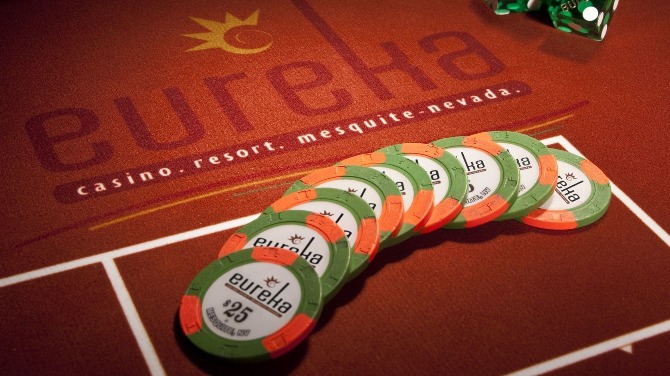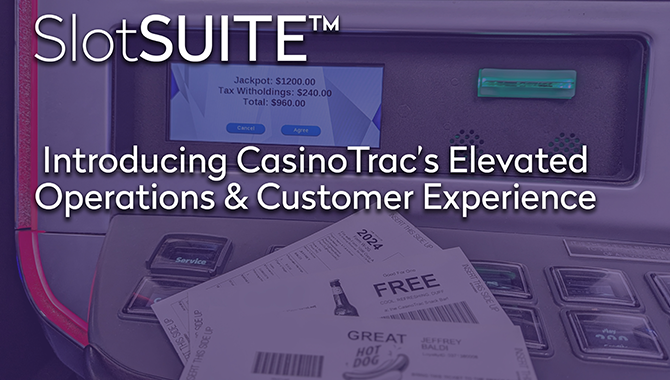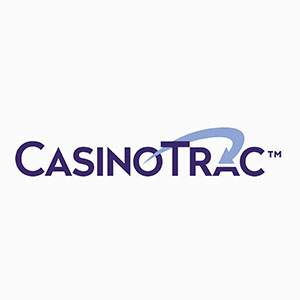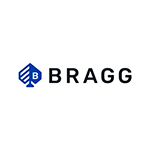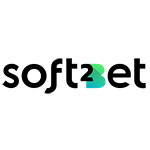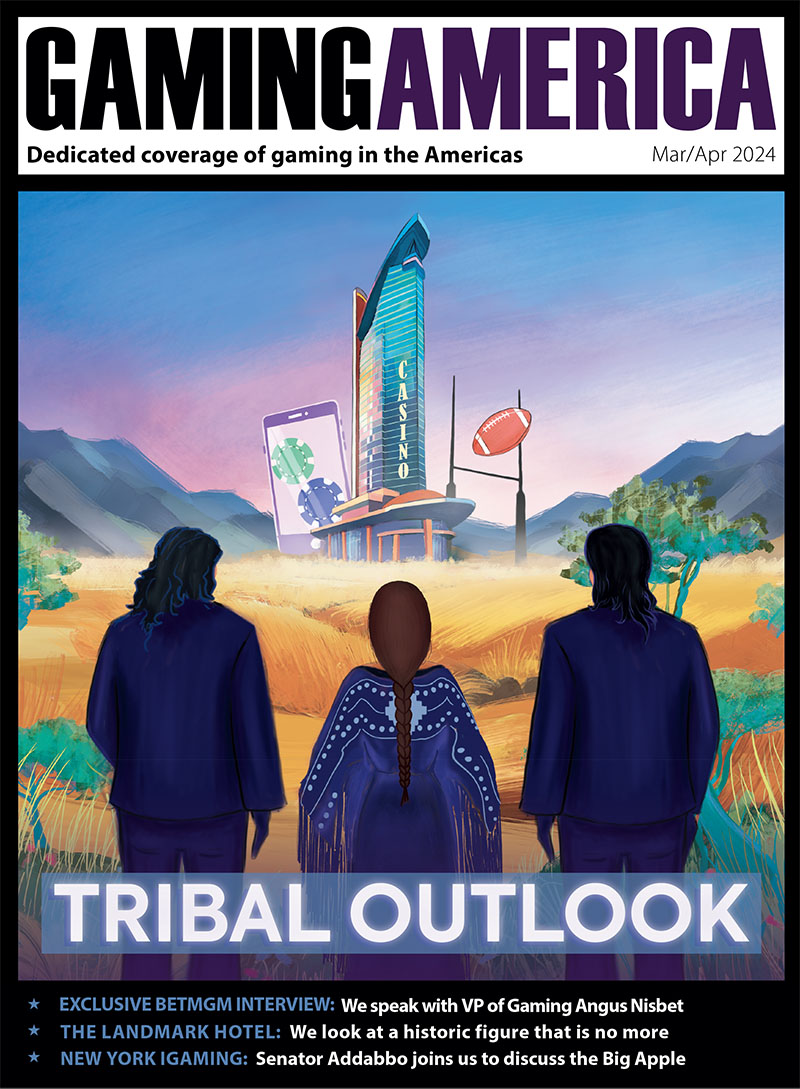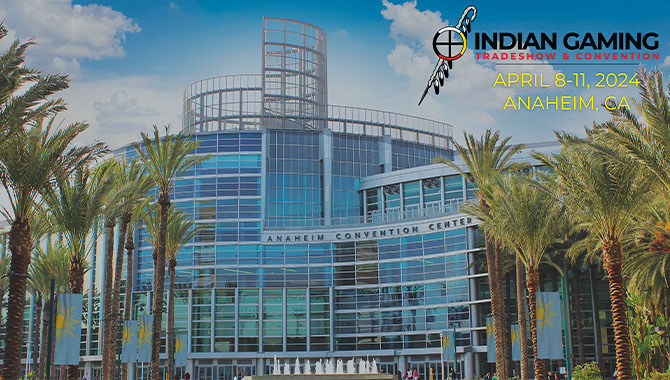
A BRIEF OVERVIEW OF TRIBAL SPORTS BETTING
Tribal gaming has been a historic part of the wider US gaming landscape for decades. Following the passage of the Indian Gaming Regulatory Act (IGRA) in 1988, revenue obtained from gaming has been funneled into crucial Tribal government operations, such as schooling and healthcare. Since 1988, Tribal gaming has turned into a significant revenue-producing industry that has accounted for approximately 45% of all gaming revenue in the US. According to the National Indian Gaming Commission (NIGC), there are 574 federally recognized Tribes in the US (as of January 1, 2023). Approximately 40% of these Tribes own more than 500 casinos, with many dominant gaming Tribes operating multiple properties (the Chickasaw Nation of Oklahoma owns 23 casinos alone).
Since the overturning of PASPA in 2018, sports betting has become increasingly widespread in the US, with Kansas, Maine and Massachusetts legalizing the practice in 2022. Now, Tribes in the US are looking to leverage sports betting as a way to provide a sustainable growth method for their nations. While growing to a position of dominance within the retail slots industry, sports betting – and in particular, mobile sports betting – does not give Tribes the same competitive advantages over non-Tribal rivals. Commercial operators, such as DraftKings and FanDuel, pour hundreds of millions of dollars into building loyal customer bases. US Tribes must therefore think about how to counteract the sheer monetary power of behemoth commercial operators.
An example of this is demonstrated with the Prop 27 versus Prop 26 battle that was fought for the heart of Californian sports betting, an as-yet unopened, but potentially hugely lucrative, market. Prop 27 would have allowed commercial sports betting in the Golden State and was backed by US gambling giants Bally’s, BetMGM, DraftKings, Fanatics, FanDuel, Penn Entertainment and WynnBet, who spent $630m trying to pass the bill. It failed to pass and was described as “one of California’s most spectacular election fails.” Only 17% of voters approved it, meaning commercial operators spent $100 on every ‘Yes’ vote. Meanwhile, Prop 26 (also known as the Tribal sports betting bill) was set up mainly to undermine Prop 27. Backed by most of California’s major Tribal Nations – it spent far less money on marketing. Like Prop 27, it came nowhere near passing but spent $40 for every ‘Yes’ vote in contrast to its rival bill. As University of California San Diego Political Science Professor Thad Kousser remarked: “Maybe the Tribes won by losing.”
But the expansion of legalized sports betting is, generally, an opportunity for US Tribes. It has the potential to provide them with a new source of revenue, as well as to create new jobs and economic opportunities. This could be particularly beneficial for Native American Nations that are struggling financially. In addition, sports betting could help draw in new visitors to Tribal gaming nations, potentially boosting tourism. There is, of course, always the additional cross-selling opportunity of converting a new sports bettor into a slots or table gamer.
Sports betting at Tribal casinos could have a ‘halo effect,’ according to Kambi US Sales Director Matt Hosman. He says the launch of a sportsbook within their premises could lead to an elevation of the entire casino experience and enhance revenue, not just from sports betting, but also from higher-quality gaming and hospitality. This does seem to apply to Tribes who are willing to ‘play ball’ and lean into commercial partnerships, sportsbooks and all the associated perks. However, Tribes must be careful they are not left behind. The Ute Tribes of Colorado feel this way and took their issues to the state legislature in January this year. The Ute Mountain Tribe and Southern Ute Tribes both have retail sports betting permitted at their casinos – the Ute Mountain Casino Hotel in Towaoc and the Southern Ute's Sky Ute Casino Resort in Ignacio. However, they are not able to offer online sports betting like other Coloradoan casinos. The Tribes say they were overlooked by a 2019 ballot that approved online sports betting. However, the Ute Tribes were not consulted about the Proposition and claim they have lost out on millions of dollars of potential revenue since 2019. Obviously, Tribes need strong legal representation to prevent them from being left with the short end of the stick.
Sports betting could help draw in new visitors to Tribal gaming nations, potentially boosting tourism.
TRIBES EMBRACING CHANGE
It is also important that Tribal gaming nations have a comprehensive plan for how they will manage sports betting operations. This includes having clear policies and procedures in place for how sports betting will be conducted, as well as ensuring all employees involved in the operations have received proper training. The Mohegan Sun, Connecticut, is perhaps a template for Tribal sports betting done right.
The Mohegan Sun Casino and FanDuel partnered to create the Mohegan Sun FanDuel Sportsbook in February 2022. According to the retail sportsbook’s General Manager Brad Bryant, this partnership has allowed the casino to offer a wide variety of sports betting options to its patrons. Bryant also emphasizes the luxuries offered at the sportsbook, which include “a 140-foot wide hi-def video wall, a full bar, delicious dining menu, 220+ luxury seats, various betting windows plus 50 kiosks throughout the property, and a mezzanine level that houses its own bar and is open to private parties.”
Bryant emphasizes just how beneficial this partnership has been for the casino. He says that, since Mohegan and FanDuel teamed up in 2021, there have been consistent increases in volumes of customer and revenue streams; he credits this to the increased marketing and offerings the sportsbook accommodates. He remarked: “It’s hard to overstate the importance of sports betting expansion for Mohegan Sun and other Mohegan properties, both from the brick-and-mortar and iGaming perspectives.
“We feel that, through our partnership with FanDuel, we have the leading online platform for sports betting and when it comes to in-person betting, Mohegan Sun FanDuel Sportsbook offers the best atmosphere, guest service and viewing experience on the East Coast. Mohegan Sun FanDuel Sportsbook also offers a special events calendar that over the past year has included the sold-out Official Gronk Retirement Party and viewing parties for various UFC fights, the Super Bowl, Kentucky Derby and Breeders’ Cup. This type of programming has been received positively by our loyal guests.”
Mohegan embodies the type of Tribal gaming body that has ‘played its cards right’ in the ever-changing landscape of US gaming.
The Mohegan Tribe has embraced a commercial partnership to further its own prosperity, and now owns and/or operates properties in Connecticut, Pennsylvania, New Jersey, Washington State, Nevada, Ontario and even South Korea. This all started from a small Native American reservation in Uncasville, Connecticut. Mohegan embodies the type of Tribal gaming body that has ‘played its cards right’ in the ever-changing landscape of US gaming.
EMBRACING NEW TECHNOLOGIES
Tribal gaming is still associated with the stereotype that existed in the 1980s: simple Class II slot machines and bingo games in complexes constructed largely from wooden logs. But it’s 2023 and the gaming Tribes (those that are thriving at least) look as modern as the latest iPhone 14. This is perfectly typified by the aforementioned Mohegan Sun FanDuel Sportsbook.
The Mohegan Tribe is but one of many Tribes embracing the modern technologies that commercial progression gives them access to. Tribal gaming nations need to ensure they have the necessary infrastructure in place to support sports betting. This includes possessing the necessary technology, modern computer systems and mobile apps to ensure sports betting operations run smoothly. Oklahoma has not yet legalized sports betting (plans to launch in 2022 stalled), but the Eastern Shawnee Tribe of Oklahoma has been preparing for its introduction.
Sightline Payments and IGT both launched mobile loyalty platforms – Joingo and IGT Advantage respectively – in Q1 of 2022, at Shawnee’s Indigo Sky casino. This Oklohoman Tribe also introduced Totem Technologies to its casinos, with the goal of improving financial inclusion through Web3 digital banking. The Tribe offers Federal Deposit Insurance Corporation (FDIC)-insured accounts, with no monthly fees or balance minimum requirement, designed to encourage responsible savings and incremental savings.
However, Hosman does advise caution for gaming Tribes when it comes to entering the sports betting space, particularly when it comes to technology. He commented: “The most important thing a Tribal operator can do when entering the sports betting space is to take their time and weigh all the options available to them. Many operators have had to switch their technology and strategies after a year or two due to haste, which can be very costly. Being patient from the get-go and understanding the long-term effects of every available option will ultimately prove beneficial.”
The Eastern Shawnee Tribe already had established expertise in financial technology before it made further advancements toward Web3 digital banking. The Tribe is a majority owner of the People’s Bank of Seneca, a $364m asset institution based in Seneca, Missouri. Recently, it announced it was developing a gaming venture into the metaverse with Lady Luck Games, once again demonstrating its forward-thinking outlook. The FDIC-insured accounts also demonstrated their commitment to another essential component of Tribal sports betting advancement: the embracing of responsible gambling practices.
WITH GREAT POWER…
Tribal gaming nations need to ensure they are taking steps to promote responsible sports betting. This includes educating customers on the risks associated with sports betting, as well as implementing measures to ensure customers do not become addicted to the activity.
Overall, sports betting can provide a sustainable growth method for Tribal gaming nations in the US, but it is important the nations take the necessary steps to ensure operations are conducted in a safe and responsible manner. By doing so, Tribal gaming nations can take advantage of the potential benefits sports betting can provide, while also protecting their customers from potential risks and scams.
A key tenet of Prop 26 was based on responsibility, a sure sign the Tribes acknowledged the burden that comes with having dominance on sports betting in the US’s most populous state. The coalition in support of Prop 26 says it would generate tens of millions of dollars for schools, wildfire prevention and other state priorities – such as mental health programs. The third claim made on Prop 26’s site stated that it would establish safeguards to ensure safe, responsible sports wagering by: limiting participation to adults over 21; prohibiting advertising to minors; protecting against underage gambling by requiring individuals to be physically present to place bets, with ID and age verification checks.
The fourth claim of Prop 26 argued that it would strengthen the enforcement of measures against illegal gambling practices, and provide the resources required for the prevention and treatment of problem gambling. This would have been done by giving the Attorney General’s office more tools for enforcement and by levyinga tax on profits at the state’s four Tribally owned racetracks.
Isaac Hale, an Assistant Professor of Politics at Occidental College, and Mary-Beth Moylan, Associate Dean for Academic Affairs at the McGeorge School of Law, said Prop 26’s claims were either ‘true’ or ‘mostly true,’ in a review for KCRA News. Despite the proposition’s failure to pass in 2022, other experts such as The International Center for Gaming Regulation (IGCR) fellows Steven Light and Kathryn Rand, said they were certain Tribal sports betting would be welcomed by the Golden State further down the line. The rhetoric of the pro-Prop 26 coalition of Tribes would suggest they have a firm grasp on the importance of responsible gaming and also how to effectively enforce it.
A key tenet of Prop 26 was based on responsibility, a sure sign the Tribes acknowledged the burden that comes with having dominance on sports betting in the US’s most populous state.
A SUMMARY
The American Gaming Association’s 2022 Commercial Revenue Tracker approximated that Native American Nation’s accounted for $40bn of the $100bn+ total revenue made by the industry last year. When we look at the US’ first and fourth-most populated states, we can see clear examples of how powerful Tribes are in the area of sports betting. According to many experts, Californian Tribes helped to completely derail a multi-million dollar campaign to bring commercial online sports betting to the Golden State. Meanwhile, in New York, two of the most proactive gaming Tribal nations (the Chickasaw Nation and the Mohegan Tribe) are looking to break into what is fast becoming one of the most lucrative sports betting states.
As for sustainable growth itself, sports betting is not a ‘panacea’ – a faultless answer for any Tribes looking to balance their books. But it is a long-term strategy. Smaller margins are counteracted by players who want to keep coming to a casino/mobile sportsbook. Sports never stop – sports betting likewise. It will never be a quick fix – but, if Tribes are willing to play the long game, there is more than certainly a route to growth for them, be it on the football field, basketball court or baseball diamond.

